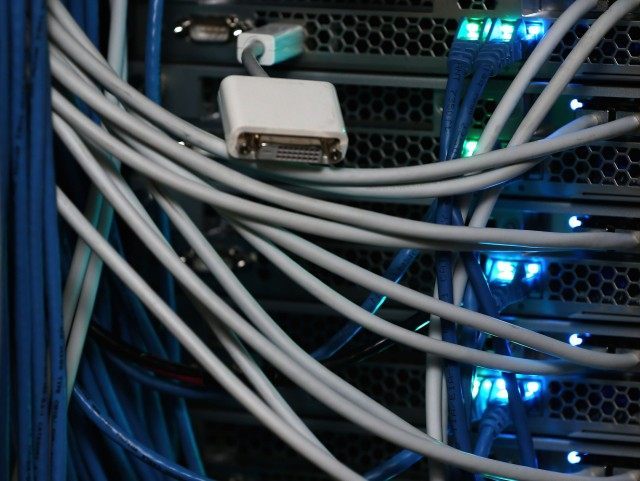The Internet Corporation for Assigned Names and Numbers (ICANN) posted a 40-day public comment period late August 3 aimed at transferring the oversight of the Internet to a not-for-profit entity.
However, a decision that could potentially allow President Barack Obama to flip the Internet and its “address book” to international control or to foreign governments is getting huge Republican push-back.
ICANN, under a contract with the U.S. Commerce Department, has operated as the non-government-organization (NGO) that manages the Internet master database of such top-level domain names as “.com” and “.net”.
Despite reassurances not to rush a government plan to relinquish oversight over Internet infrastructure management, the Obama Administration in March set September 2015 as a deadline for determining whether ICANN is “ready for greater independence.”
The plan has been heavily criticized by Republican members of Congress, since control would move to an undefined network of supposedly “international stakeholders” that could be subject to extreme government intrusion. U.S. Rep. Bob Goodlatte, a Virginia Republican, told the Wall Street Journal in May that he is “extremely concerned and critical” of the plan, adding that “accountably and transparency measures must be in place before such a transition could occur.”
The push to “privatize” ICANN started after Edward Snowden outed the Obama Administration’s use of the National Security Agency to monitor the online activity of Brazil’s President Dilma Rousseff and other foreign leaders and businesses. In a December 2013 newspaper op-ed addressed to the “Brazilian people,” Snowden wrote:
“Today, if you carry a cell phone in Sao Paolo, the NSA can and does keep track of your location: they do this 5 billion times a day to people around the world. When someone in Florianopolis visits a website, the NSA keeps a record of when it happened and what you did there….They even keep track of who is having an affair or looking at pornography, in case they need to damage their target’s reputation.”
In a March hearing of the House Communications and Technology Panel, made up of Assistant Secretary of Commerce Lawrence Strickling and ICANN CEO Fadi Chehadé, both vowed to make sure the September transfer goes smoothly. Chehadé told lawmakers, “I stand in front of you today with a firm commitment that we will run an open and transparent process. We will keep it calm and wise. We have no rush. It’s more important to get it right than to rush it.”
But Representative Greg Walden (R-OR), Communications Subcommittee Chairman, said: “If there are not sufficient safeguards in place to prevent foreign government intrusion, then this concept should go no further.” Strickling responded that the Commerce Department would reject any proposals to transfer its stewardship to a mechanism that relied only on government representatives.
The 199-page proposal was posted online at icann.org, and the public can comment through September 8 here.
The Internet Transition Coordinating Group will host two webinars regarding the proposal and the issues associated with the transition proposal on Thursday, August 6 from 3:00 p.m. to 4:30 p.m. EDT and Friday August 7 from 5:00 a.m. to 6:30 a.m. EDT.

COMMENTS
Please let us know if you're having issues with commenting.